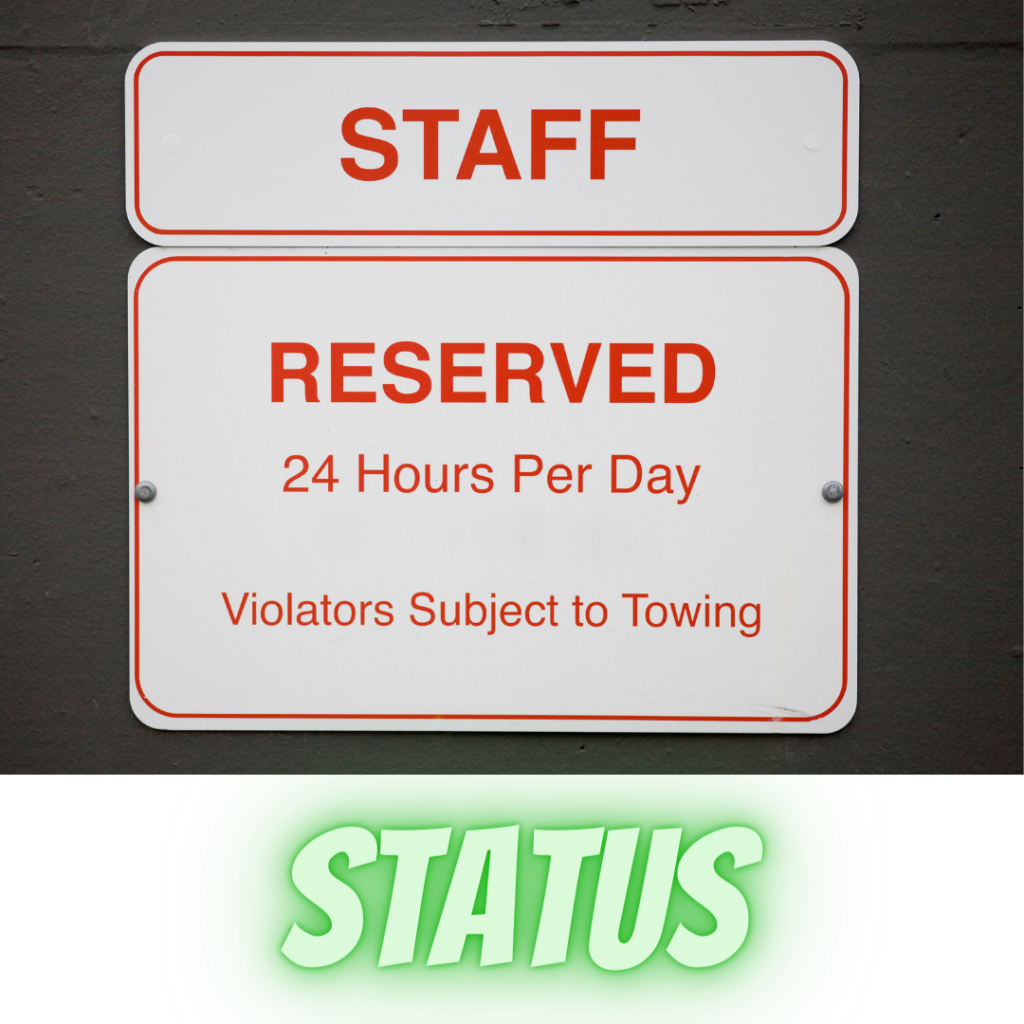
Jennifer, a Senior VP of a large corporation, slammed down her cellphone in frustration when she read the latest corporate email announcing their indefinite extension of virtual work from home privileges of most employees. What motivated Jennifer’s intense reaction to the announcement? Jennifer is one of the estimated 20% of humans who is naturally motivated by the need for status. Jennifer is frustrated because working from home denies her need for status. She intrinsically values her VIP reserved parking spot, her corner office, and the other office perks that come with senior executive status. The longer Jennifer is quarantined from the status of her office, the more frustrated she will naturally become.
Wise CEOs will consider the motivational mix of their key employees before they choose to eliminate their dedicated office space or shift to shared spaces. Status-conscious employees like Jennifer may not be able to tolerate their perceived reduction in status by such moves and may look to change organizations. If it seems petty to you that Jennifer would be so shallow as to need an office to prove her value, then you probably have only an average need(approximately 60% of humans) or lower intensity value (approximately 20% of humans) for status.
Professor Steven Reiss, Ph.D., was a world-renowned research psychologist who studied human motivation. Reiss’ 16 Basic Desires Theory of Human Motivation identified 16 needs that all humans share. What makes each person unique is their prioritization and passion intensity for each need.
One of Reiss’ 16 Basic Desires is the desire for status. Reiss describes status as, “the basic desire for respect based on social standing…People seek status because they intrinsically value self-importance and respect.” Reiss went on to write, “People feel slighted when they receive less deference than is their due, and they feel flattered when they receive more deference than is their due. Status motivates people to pay attention to and value their reputation.” (Source: “The Reiss Motivation Profile®: What Motivates You?”, Steven Reiss, Ph.D., pgs. 62-63.)
Effective executives understand motivational differences and work hard to create individual ecosystems where people can thrive. Frustration is nature’s focus and productivity killer app! It is designed to alert a person to an unmet need and to get them to change their situation to a more satisfying one. Professor Reiss’s research found that one’s needs are primarily genetic in origin with added cultural and societal influences. Jennifer didn’t choose to value status. She was likely born with a stronger than average need for status. She also cannot likely change or deny her heart’s desire to have her status recognized.
What can an effective executive do to increase their motivational intelligence and keep Jennifer from quitting? It all begins with a Reiss Motivation Profile®. RMP data can help an executive better understand and predict what is likely motivating each employee’s reaction to organizational changes.
If you would like to increase your motivational intelligence, please contact me.
Visits: 36